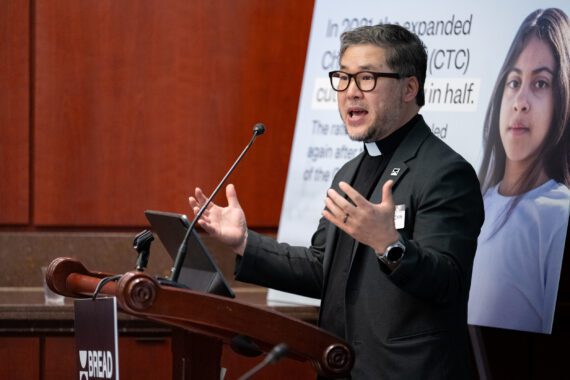Mass incarceration has far-reaching effects in the United States. It poses a significant barrier to ending U.S. hunger and poverty by 2030—a goal the United States adopted in 2015. But the connection is not always obvious.
This paper explains how mass incarceration increases hunger. In a study by the National Institutes of Health, 91 percent of returning citizens reported being food insecure. Many face difficulty securing a place to work and live after being released. In addition, 75 percent of returning citizens report that it is “extremely difficult” or “impossible” to find a job post-incarceration. Even once formerly incarcerated people manage to find jobs, they suffer a permanent reduction in their lifetime earning potential, by nearly $180,000. This explains why 1 in 4 households headed by a returning citizen lives in deep poverty. In addition, incarceration frequently leads to hardships for their families. According to one study, almost 70 percent of households reported having difficulty meeting basic needs, such as food and housing, when a family member was incarcerated.
U.S. poverty would have dropped by 20 percent between 1980 and 2004 if not for mass incarceration.



